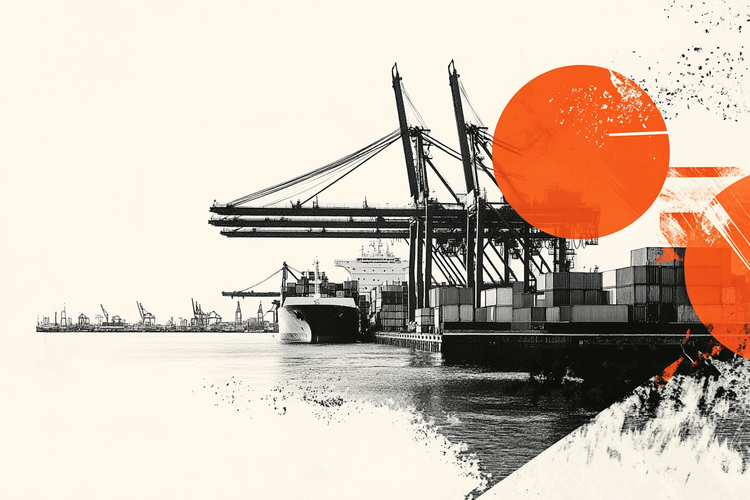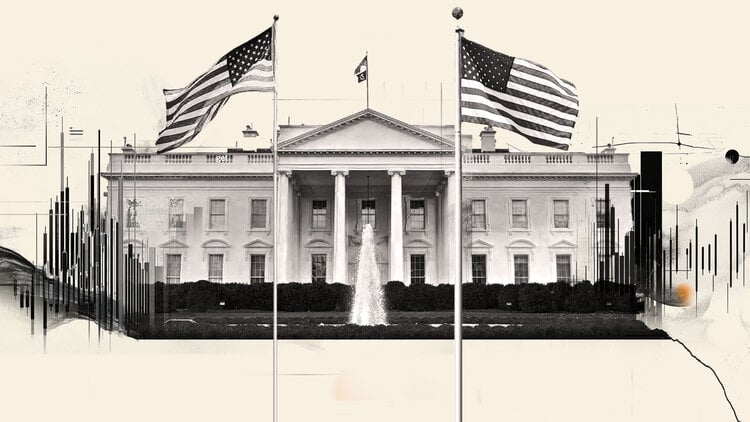The question security It was pointed out by 55% of people as the biggest concern in the cities they reside, while another 52% answered that intense traffic is one of the biggest challenges.
The data is from a Datazap survey, conducted with 971 people, which maps the quality of life in the urban environment between February and March this year.
According to the survey, public infrastructure, number of homeless people and inequality are other factors of dissatisfaction in cities.
In the midst of this scenario, Brazilians pay attention to some requirements when choosing a housing. Datazap reveals that access to trades and services is the most valued aspect when it comes to deciding where to live, pointed out by 52% of respondents.
Already 45% answered that leisure and entertainment options are another important point. Respondents also scored the gastronomy and diversity of services as priorities.
Opportunities near housing is also one of the search for sitting in a locality, as 43% works in person every day, while 23% adopt the hybrid model, alternating between home and office.
Even so, more than half of people work in a neighborhood other than where they live, but still inside the same city. Already 26% remain in the same neighborhood both to live and to work.
According to Gabriela Domingos, a market intelligence expert at the OLX group, “the priorities pointed out in the research reflect the direct impact of urban daily life on the lives of residents. Being violence and traffic the greatest reasons for people’s discontent, it is natural that they value live close to essential services, with more easily access and lower travels in everyday life”.
And the cost of living continues to press the population: 56% of respondents consider the cost of living high or very high, considering food, housing, transportation, education and health.
The study also points out that 41% of participants perceive spending as reasonable.
“The perception of high cost of living has increased in recent months, influenced by macroeconomic factors. In the real estate market, for example, the new rules of Caixa have made housing financing more expensive. At the same time, the rise in Selic and the reduction of savings resources have limited credit, pressing the budget of families,” said Domingos.
In April, inflation was up 0.43%, slowing down from 0.56% in the previous month, according to the Broad National Consumer Price Index (IPCA) released by the Brazilian Institute of Geography and Statistics (IBGE).
However, food and health continue to press the Brazilian consumer pocket, up 0.82% and 1.18%, respectively.
Climate crisis: methane or carbon dioxide, what is the smallest evil?
This content was originally published in security is the biggest concern of Brazilians in cities residing on the CNN Brazil website.
Source: CNN Brasil
I’m James Harper, a highly experienced and accomplished news writer for World Stock Market. I have been writing in the Politics section of the website for over five years, providing readers with up-to-date and insightful information about current events in politics. My work is widely read and respected by many industry professionals as well as laymen.







